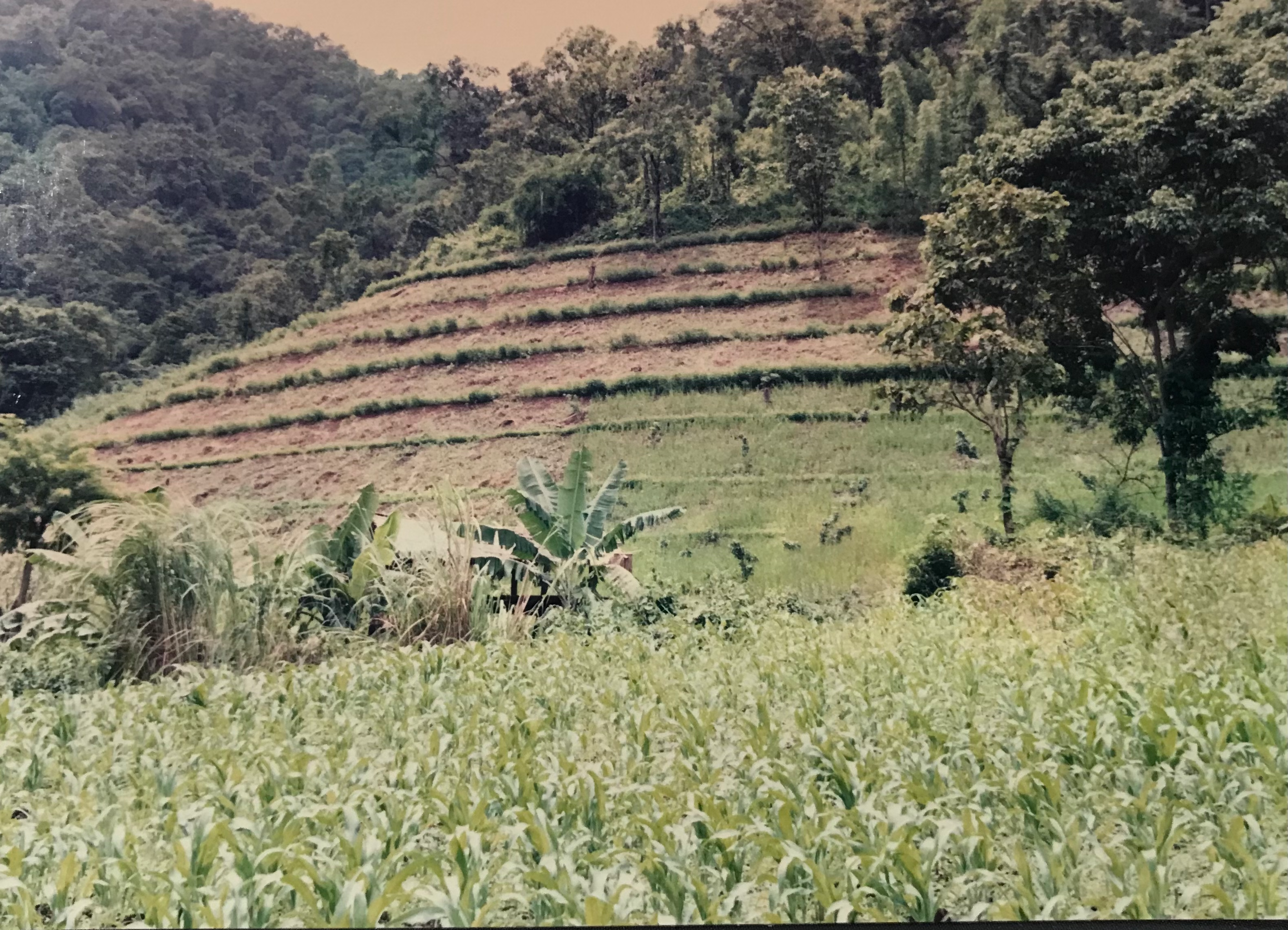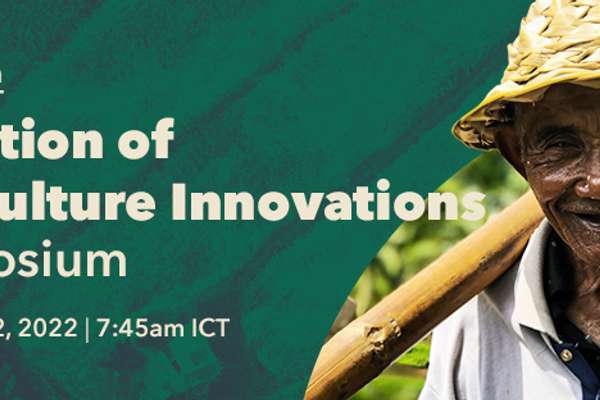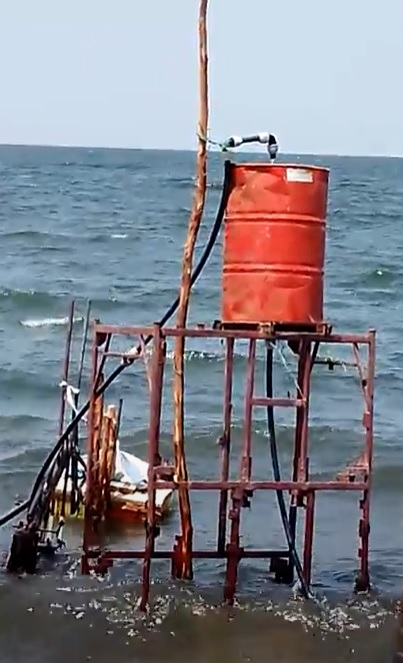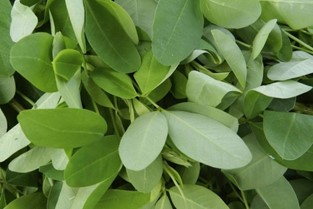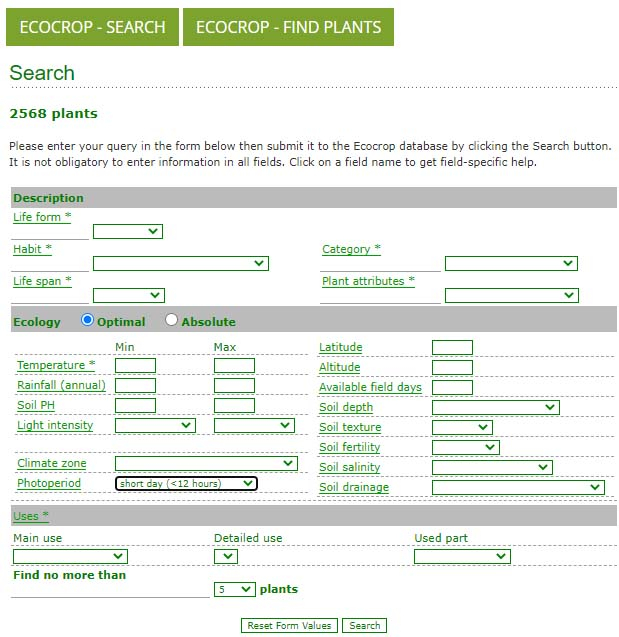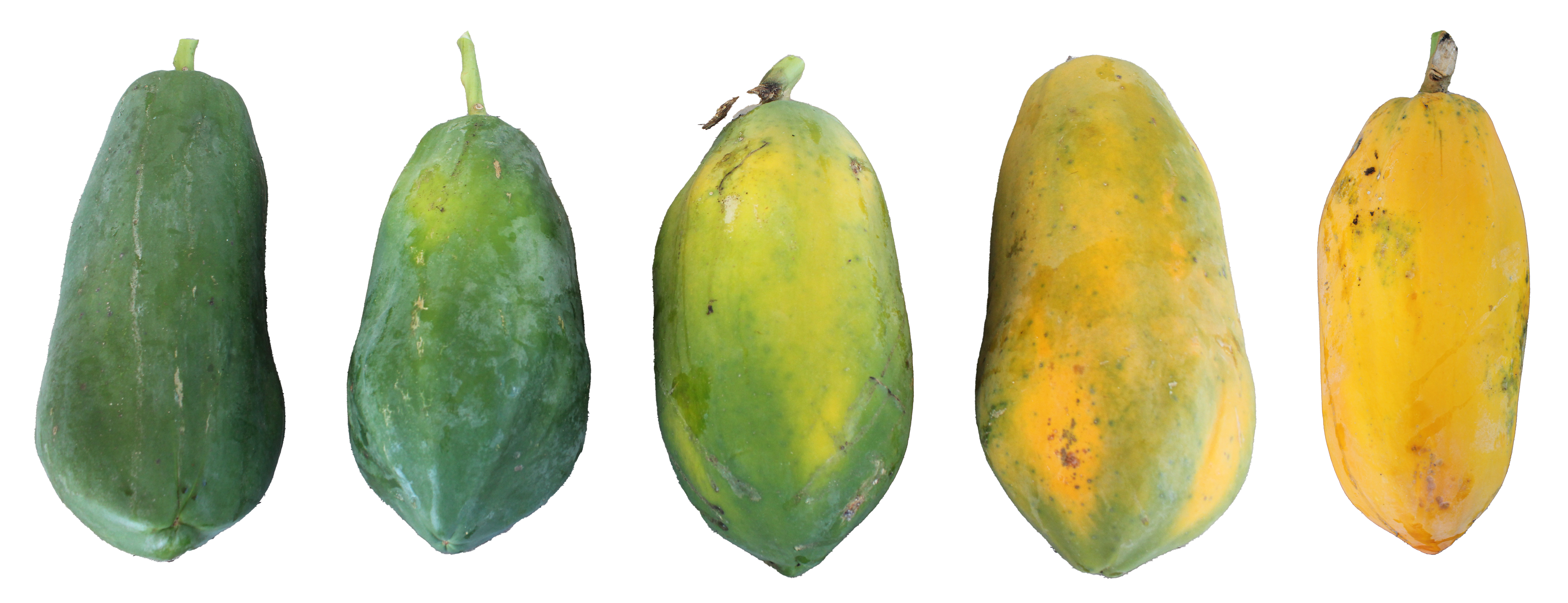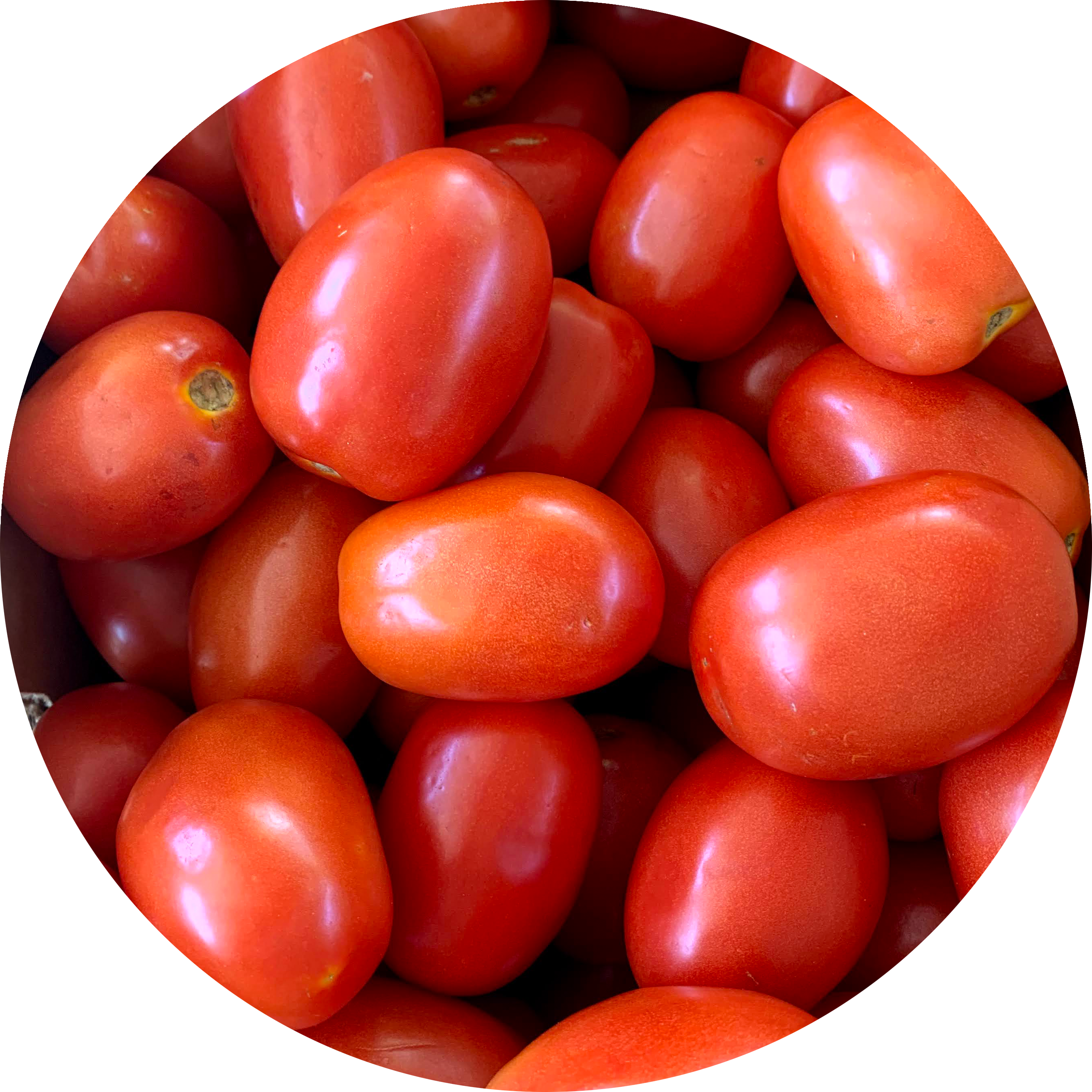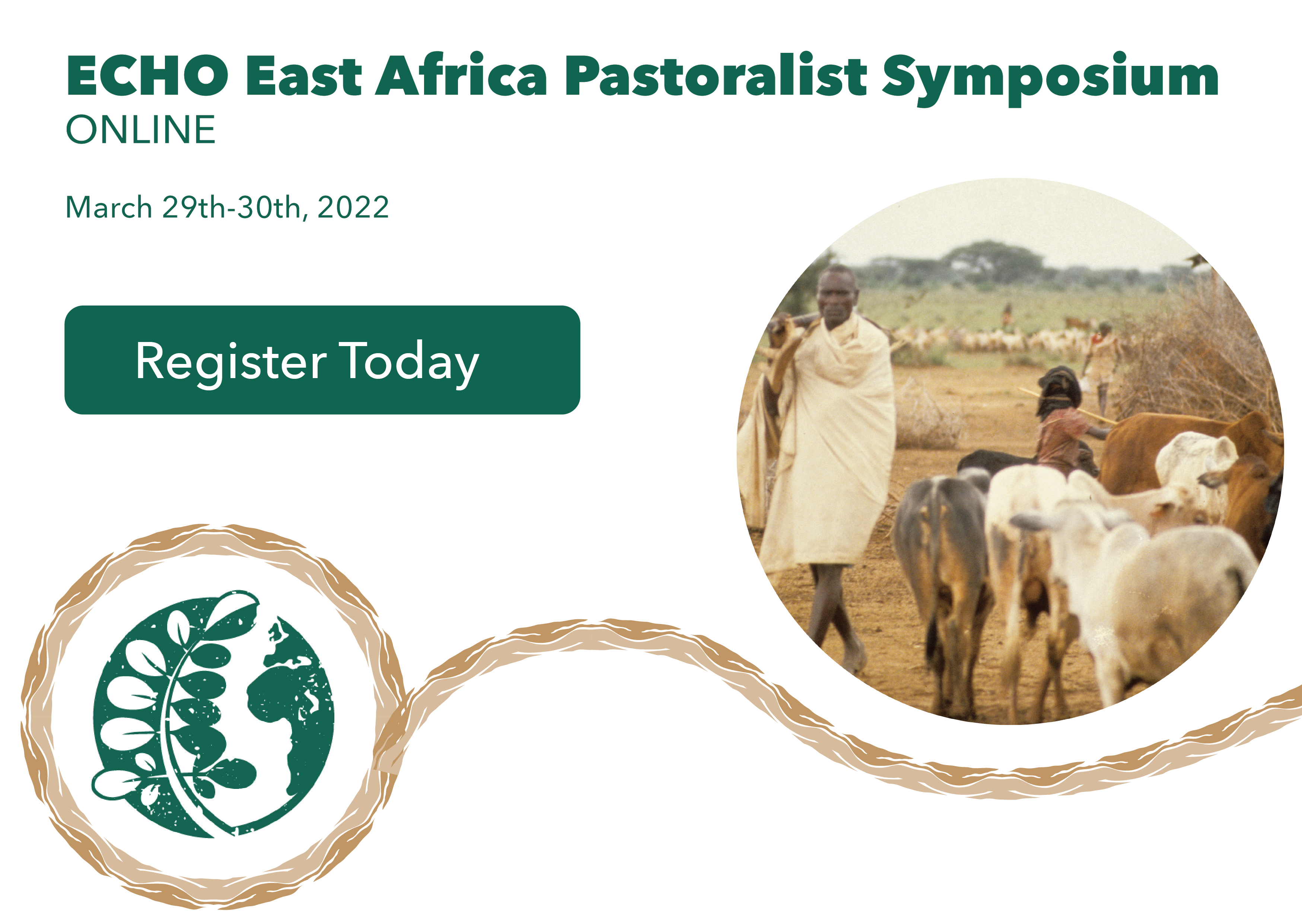ECHOcommunity Updates
Asia Note 48 Now Available! 2022-03-08
In this issue:
- Playing with Water Wheels: Exploring Low-Cost Methods for Pumping Irrigation Water
- A 'Successful Failure': Introducing SALT Technology in Northern Thailand
- Upcoming Events
Playing with Water Wheels
Exploring Low-Cost Methods for Pumping Irrigation Water
Thomas Singer, Raintree Foundation
Excerpt:
Knowing that every pumping solution has its place and application, we decided to go another route and began looking into water wheel pumps. With the many design approaches out there, we decided to define our goals, and agreed that an appropriate design would feature affordability, easy assembly, low maintenance, and quick setup for people with access to flowing water. The overall objective was to help farmers with proximity to a river or small stream to irrigate their crops without the need for electric or gasoline powered pumps, as well as the reduction of manual labor.
ECHO Worldwide Events! 2022-03-01
ECHO is excited to announce that we have training events, both virtual and in-person to make available to you!
ECHO East Africa is holding an online Pastoralist Symposium from March 29-30th, 2022. Register Today to take part in this exciting event that both honors pastoralists while providing options for sustainable hunger and appropriate technology solutions!
ECHO Asia is holding an online Adoption of Agriculture Innovations Symposium on April 22nd, 2022. Join us as we learn together about the different innovative strategies that can help increase smallholder production in low-input and adaptable ways. Practitioners with experience and energy will share their ideas, successes, and failures.
ECHO Global Farm in Florida, USA is holding its first in-person event in a couple of years: Introduction to Tropical Agriculture Development (TAD 1). This 5-day course is meant for those just starting in tropical agriculture development and covers topics in community development, soil and plant health, animal integration, and appropriate technologies. See you on the farm!
All ECHO Events can be found on our Event Calendar!
Network Members at work: The Makonda Wave Pump 2022-02-22
Mwanza, in Northern Tanzania, borders Lake Victoria which is a freshwater lake large enough for waves to form. Local entrepreneur John Makonda has worked on and improved a wave pump design utilizing only local material to bring water from the lake, uphill to planting beds. He is working to patent and manufacture his specific design in collaboration with SIDO Tled Hub.
Makonde shares:
with a complete system of 4 buoy pumps sending water at an even greater pressure of 150 psi to the distance of more than 3 kilometres benefiting more than 15 acres of farming , that's a lot of water for irrigation and domestic uses
For more information or to join a discussion about this topic, visit ECHO Conversations.
Chipilín seeds now available! 2022-02-15
Chipilín (Crotalaria longirostrata) is native to southern Mexico and Central America. This species of Crotalaria is a popular food plant in countries such as Guatemala and El Salvador. The young leaves and shoots are consumed, either alone or mixed with other foods. It grows in humid soils, open slopes, and is commonly planted in fields and gardens. Chipilín leaves are an excellent source of calcium, iron, and vitamin A. Chipilín leaves are also rich in protein that is high in lysine. This makes chipilín a good protein supplement, increasing the nutritional quality of corn or other starch flour that the leaves are often prepared with. The ECHO Global Seed Bank is now offering sample packets of Chipilín seeds!
To read more about it, click here to view a recent EDN article written by network member Andrea Guzmán Abril, Dietitian of Project CAN (Culinary, Agriculture, Nutrition)
FAO's ECOCROP available again! 2022-02-08
The FAO's crop tool ECOCROP is accessible again using this link: https://gaez.fao.org/pages/ecocrop-search. The plant database includes information about 2568 plants including optimum growing conditions such as temperature, rainfall, soil pH, and climate zone. It also contains, if available, information about the crop's uses (by plant part), life span, and other plant attributes! This tool has been a favorite of the ECHO staff for a long time. Please check it out to either search for a specific plant through the ECOCROP-Find Plants or look for what crops might fit your specific context through the ECOCROP - Search.
Now available in 10 languages: The ECHOcommunity App 2022-02-01
We are excited to announce that the ECHOcommunity app is now available in English, Spanish, French, Swahili, Thai, Haitian Creole, Khmer, Burmese, Vietnamese, Indonesian, and Chinese. Through ECHOcommunity you can discover ideas, research, and training on a wide variety of subject matter pertaining to agriculture and community development. ECHO's resources focus on small-scale agriculture in the tropics and sub-tropics and come from ECHO staff, network members, and development partners around the globe.
Resource Library: The app is designed to allow you to efficiently discover relevant resources and download them on your mobile device. Resources added to your library remain available when there is no internet connection and can be shared with others. A "low-data" mode allows those with metered, or limited bandwidth to browse the ECHOcommunity collection of resources while using the least amount of data possible.
Plant Records: Track your crop's lifecycle events from planting through harvest in the cloud. Plant Records can be used for any type of planting, whether a trial or production planting, whether an annual or perennial. Users who acquire seeds from the ECHO seed banks can track and automatically report the progress of seed trials using this app.
The app allows you to record relevant data such as what and when you plant, weather events, interventions such as mulching, cultivation, pruning, and harvest. Along with each entry, pictures and notes can be stored for future reference. The data is retained in the cloud, so you will be able to look back at the seeds you have tried and how the trials worked for you.
Features
- Access to thousands of print and video resources in dozens of languages
- Offline storage and sharing of downloaded materials
- Ultra-low data usage mode
- The ability to ask questions of the global ECHO community
EDN Número 154 Disponible Ahora 2022-02-01
Temas de Relieve:
- Prolongar la vida poscosecha de la fruta fresca: Cosechar en el momento adecuado
- Ecos de nuestra red: Agroforestería en el huerto casero
- Del Banco de Semillas de ECHO: El chipilín
- Libros, sitios web y otros recursos: publicaciones del CTA, publicaciones de CVM, y Ya está disponible la traducción de la aplicación ECHOcommunity
Prolongar la vida poscosecha de la fruta fresca
Tim Motis y Stacy Swartz
Excerpto:
Aprenda a reconocer los estados de maduración de la fruta que cultiva. Las pruebas de madurez pueden clasificarse como destructivas o no destructivas. Las pruebas destructivas son aquellas que dañan o destruyen la fruta que se está evaluando. Un ejemplo de prueba destructiva es el color de la pulpa, porque uno tiene que cortar la fruta para determinar el color de la pulpa en su interior. Los indicadores visuales como el tamaño de la fruta, la forma y el color de la cáscara son no destructivos. No es necesario que uno destruya un tomate para ver un cambio de verde a rojo. No hay ninguna prueba que funcione bien para todas las especies frutales. Averigüe qué pruebas son las más confiables para determinar la madurez de la fruta del cultivo o cultivos con los que está trabajando. De ellas, seleccione una o dos que pueda implementar en su contexto.
[https://www.echocommunity.org/es/resources/4cde917a-e579-44d8-89d1-11f7c948a604]
Research Update: Does wood ash help preserve tomatoes? 2022-01-27
Following the astonishing findings in an article published in November 2016 of a farmer preserving freshly harvested tomatoes in wood ash for up to 5 to 6 months, the research team at ECHO Florida decided to further investigate the potential of this technique to prolong the storage life of fresh tomatoes. We assumed that, in comparison to a control treatment of sifted sand, wood ash would extend the time over which tomatoes can be marketed or processed. To test this hypothesis, a randomized complete block design was used with tomatoes placed in boxes (4 tomatoes per box) filled with wood ash or sand. At the start of the trial, tomatoes were already ripe but unspoiled. Data were collected biweekly for tomato sugar content, visual quality, pH and carbon dioxide production. Differences in the measured parameters, between ash and sand, were not statistically significant. We were only able to preserve our tomatoes for 6 weeks. Differences between our findings and what the farmer was able to achieve could be related to ripening stage or source of wood ash. Future work could be done with tomato fruit at early (mature with slight change in color from green to red) versus more advanced stages of ripeness and with wood ash from various species of trees.
Announcing the ECHO East Africa Virtual Pastoralist Symposium 2022-01-19
29th-30th March 2022
You are cordially invited to join us for the 4th Pastoralist Symposium but this time VIRTUAL / ONLINE. It will provide a network and training opportunity for those involved in improving nutrition and livelihoods in pastoralist areas. It will consist of two afternoons of three plenary sessions and lightning talks (5 minutes focused talks) plus a live 'meet the speaker event' each day. These will feature knowledgeable and experienced speakers. The presentations are actually all pre-recorded except for the 'meet-the-speaker' sessions which are online workshops and discussion groups led by the speakers, facilitated by ECHO's experienced staff from around the world. Participants are encouraged to register online for a $20 registration fee and that we welcome donations from good-willed individuals to help those who cannot pay this fee.
EDN #154 Now Available 2022-01-12
In this issue:
- Extending Postharvest Life of Fresh Fruit: Harvest at the Right Time
- Echoes from our Network: Homegarden Agroforestry
- From ECHO's Seed Bank: Chipilín
- Books, Websites, and Other Resources: CTA publications, CVM publications, and App Translation
Extending Postharvest Life of Fresh Fruit:
Harvest at the Right Time
Tim Motis and Stacy Swartz
Excerpt:
Learn to recognize maturity stages of the fruit you are growing. Maturity tests can be categorized as destructive or nondestructive. Destructive tests are those that damage or destroy the fruit being tested. An example of a destructive test is flesh color, because one must cut into the fruit to determine the color of the flesh inside. Visual indicators like fruit size, shape, and skin color are nondestructive. You do not have to destroy a tomato to see a change from green to red. No single test works well for every fruit-bearing species. For the crop(s) you are working with, find out which tests are most reliable for determining fruit maturity. Of those, select one or two that you can implement in your context.
